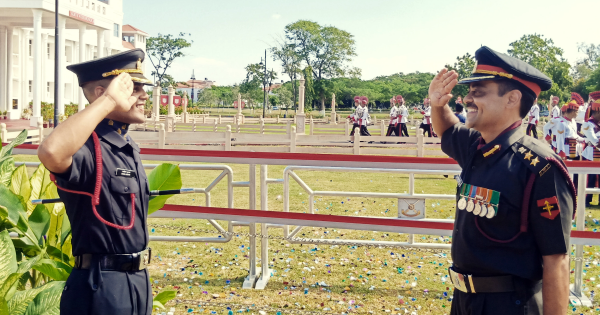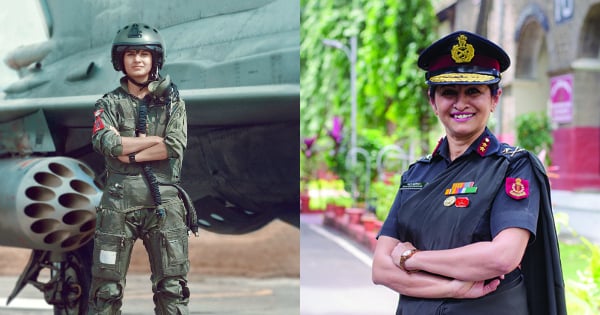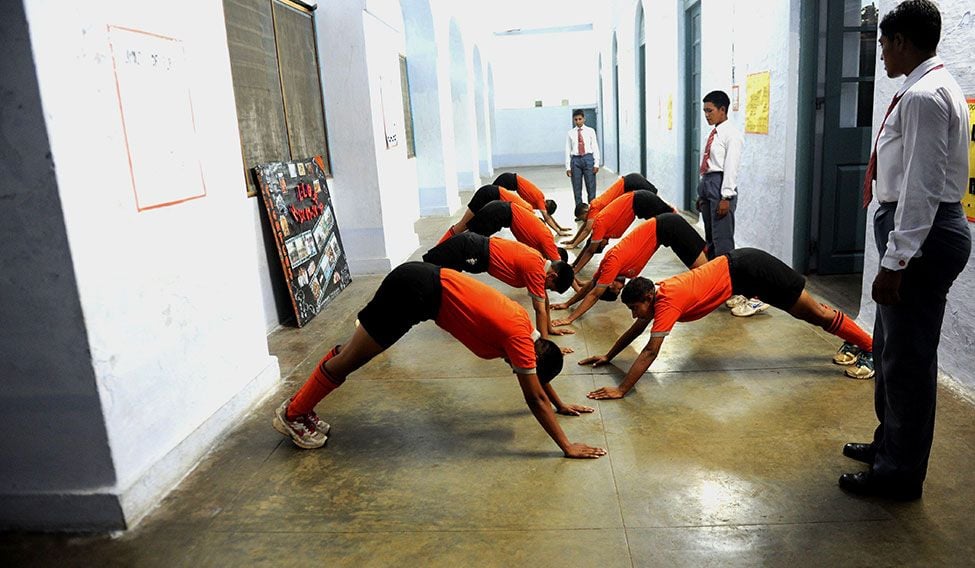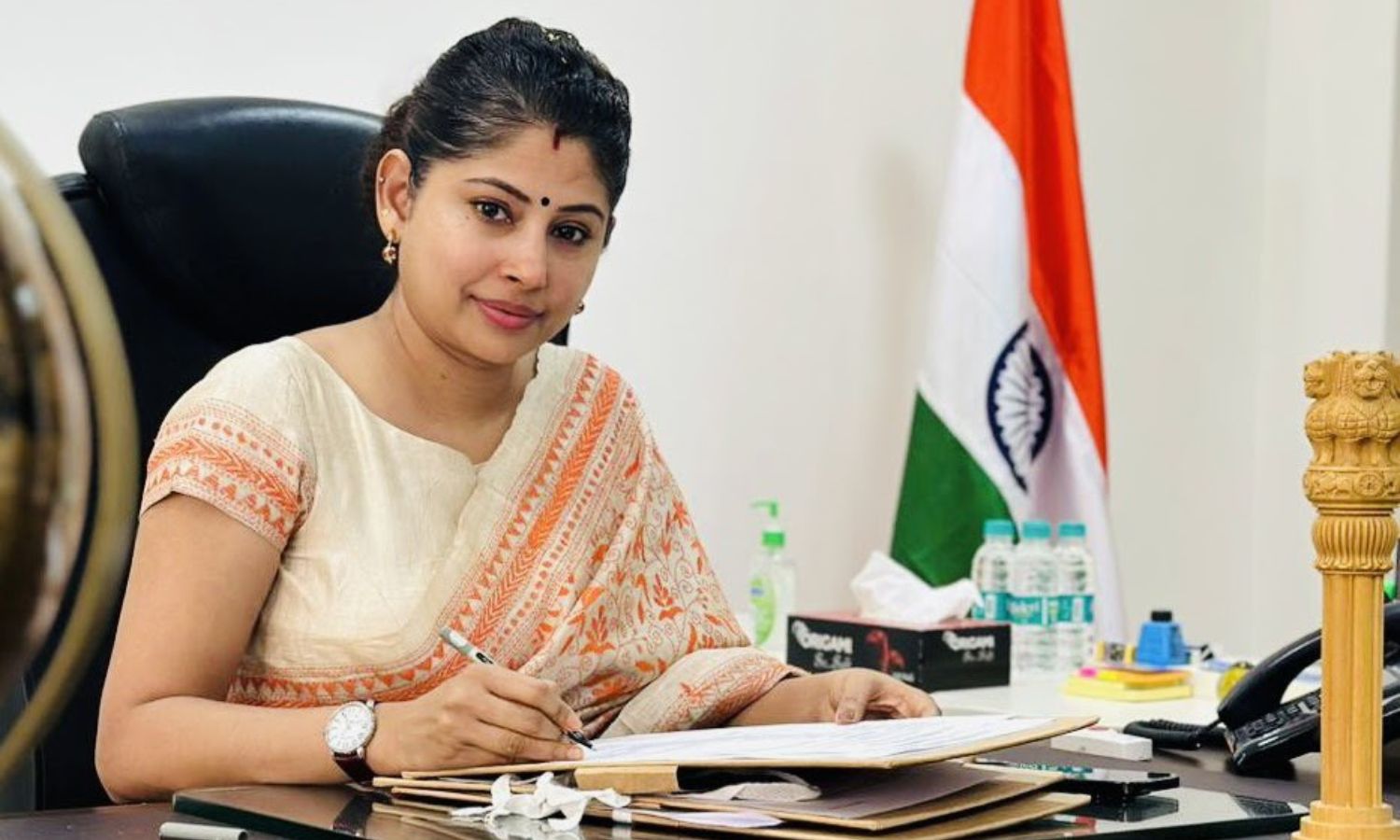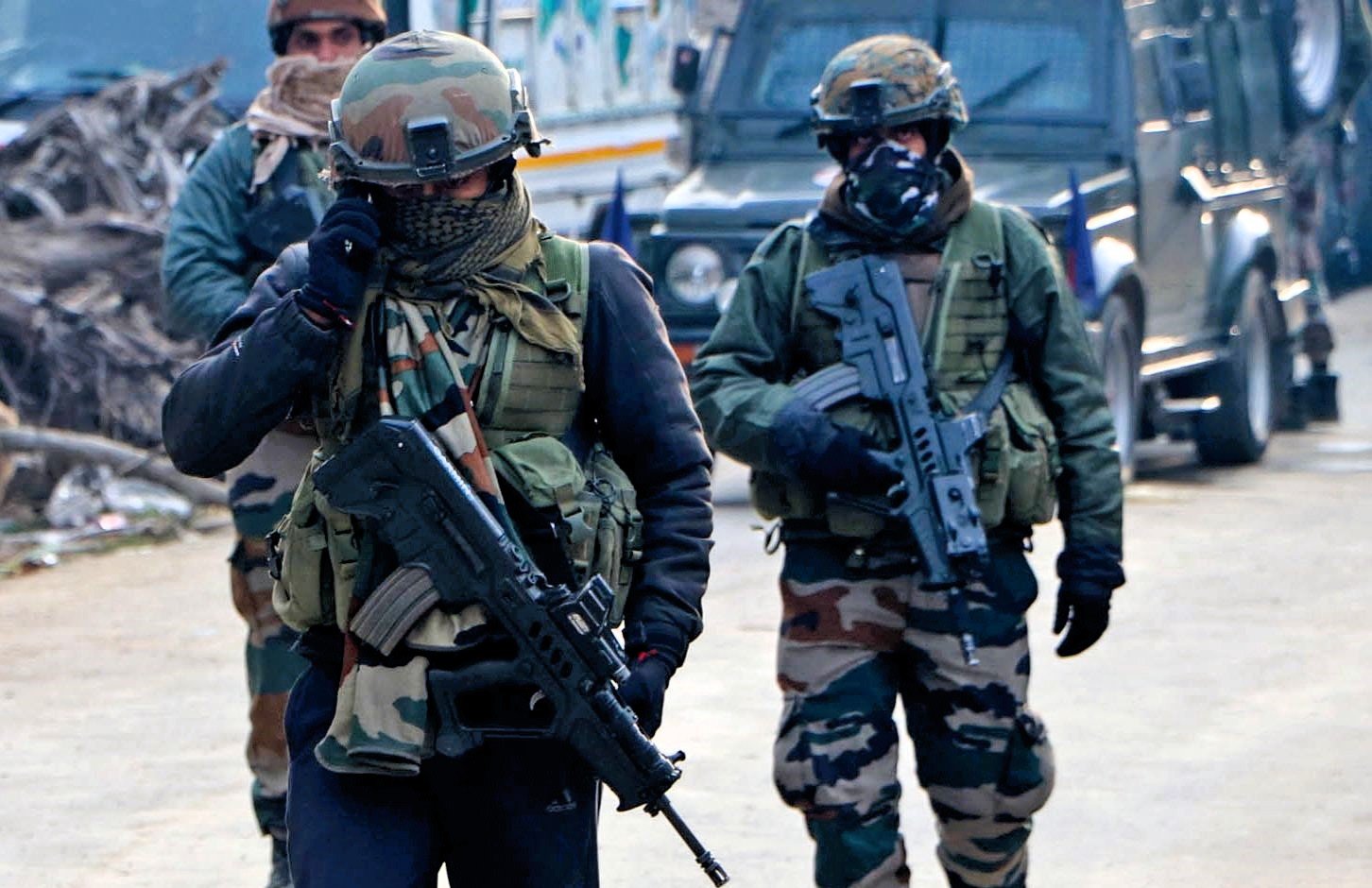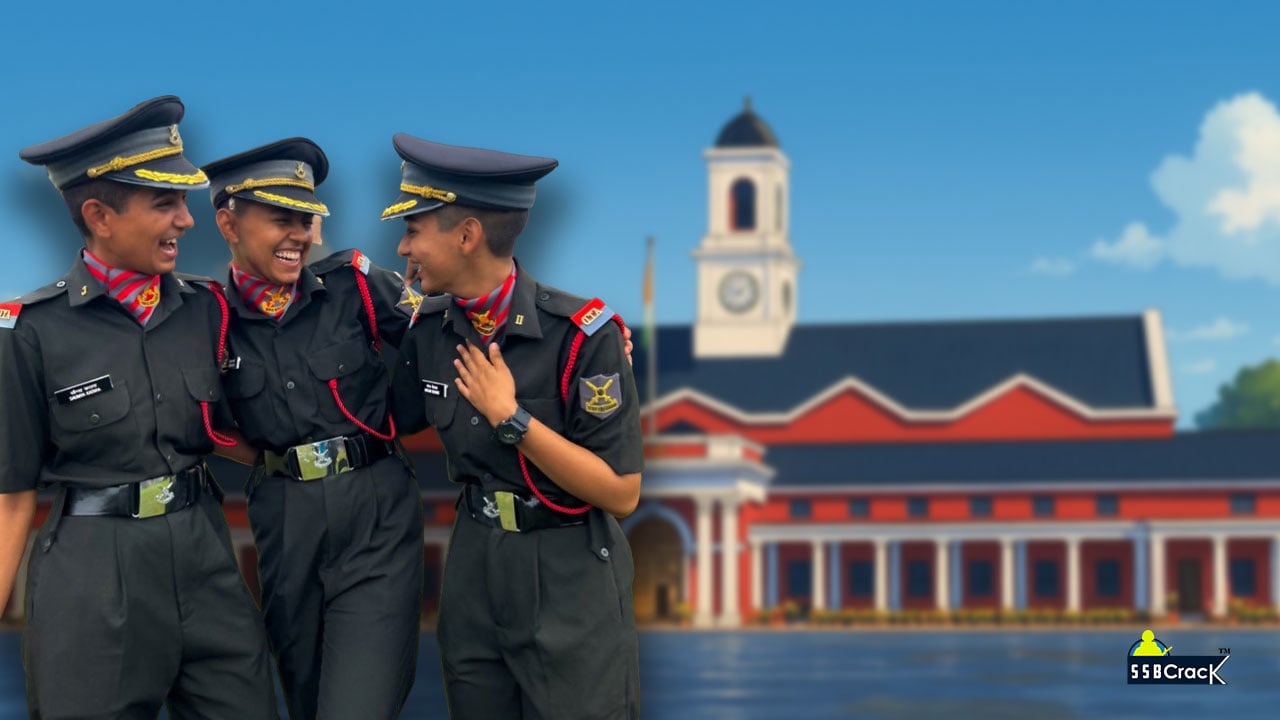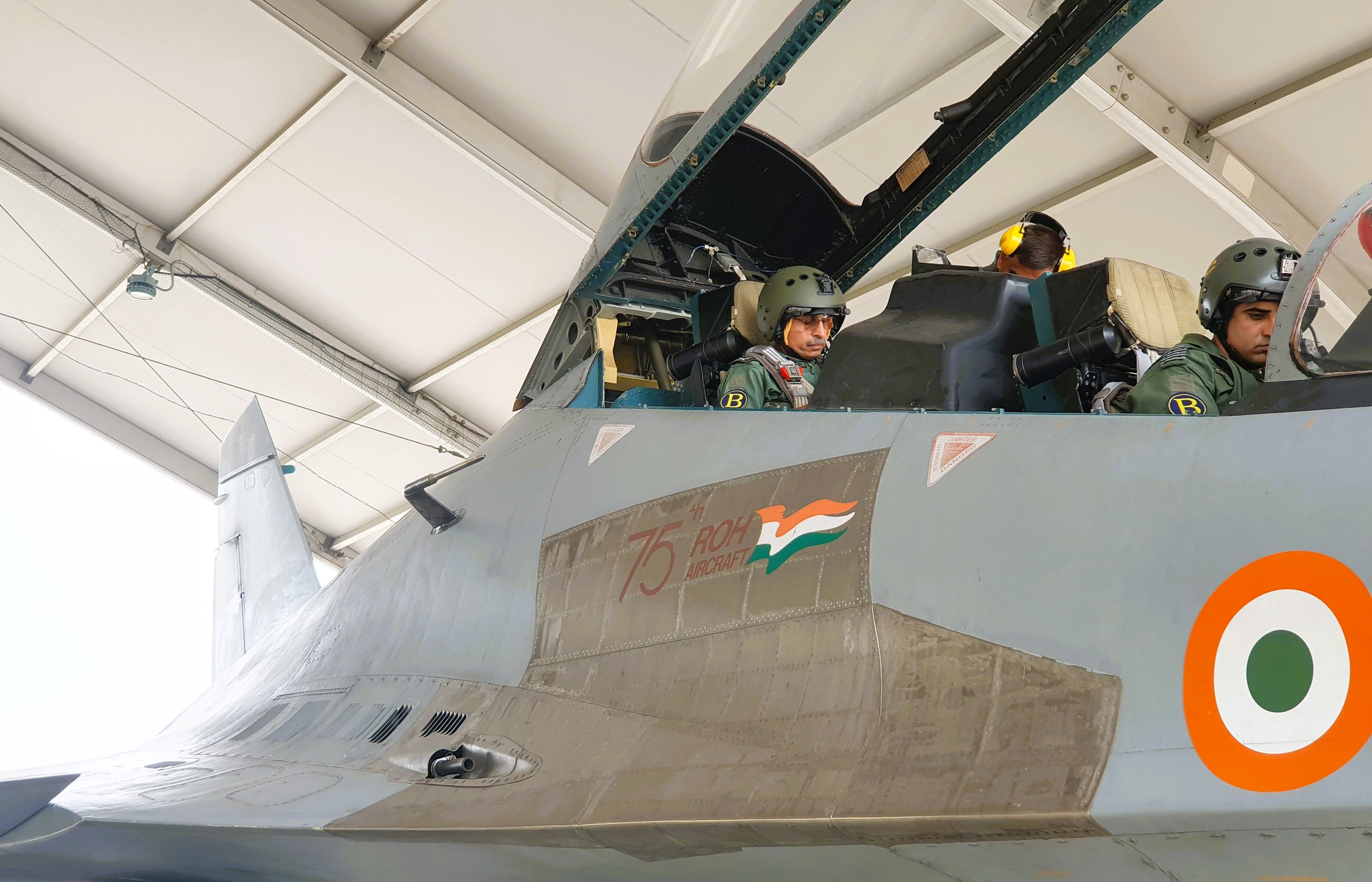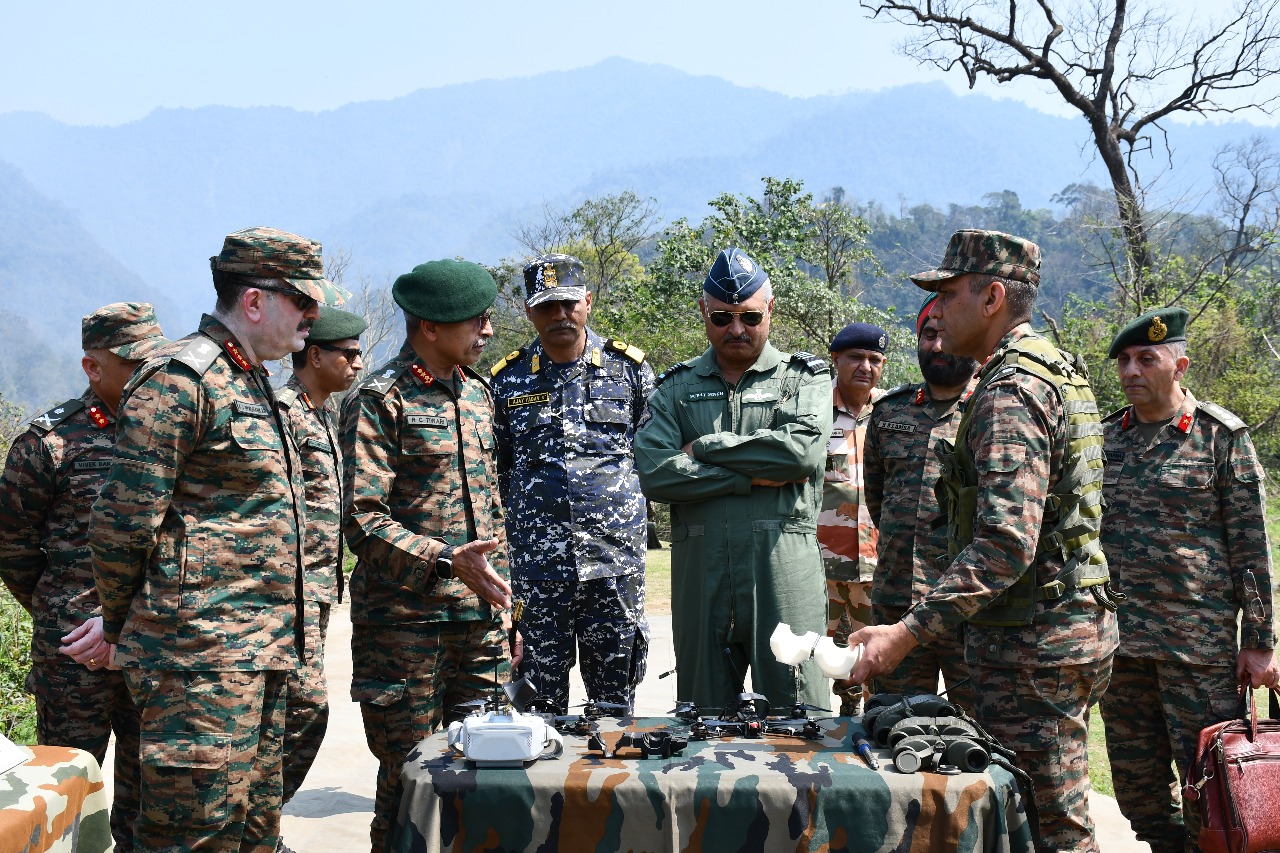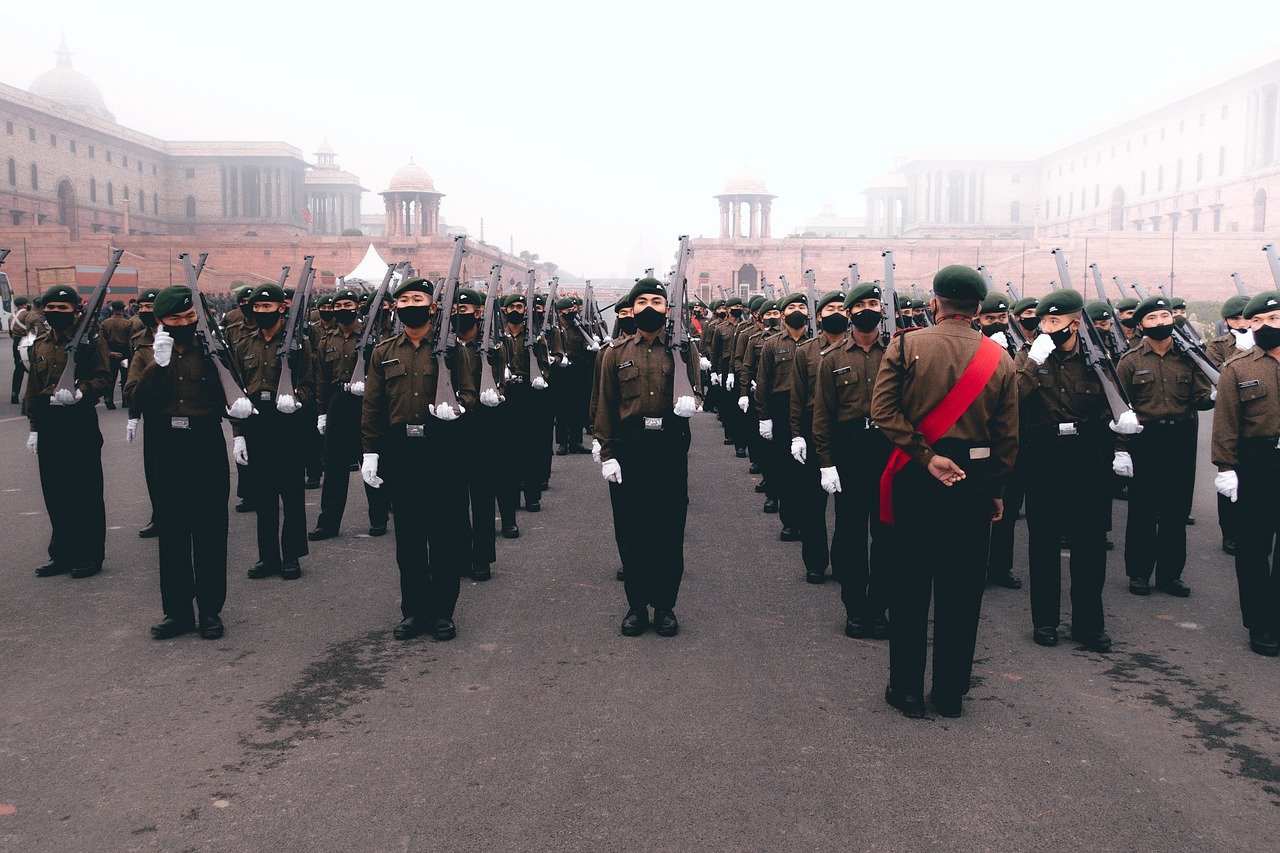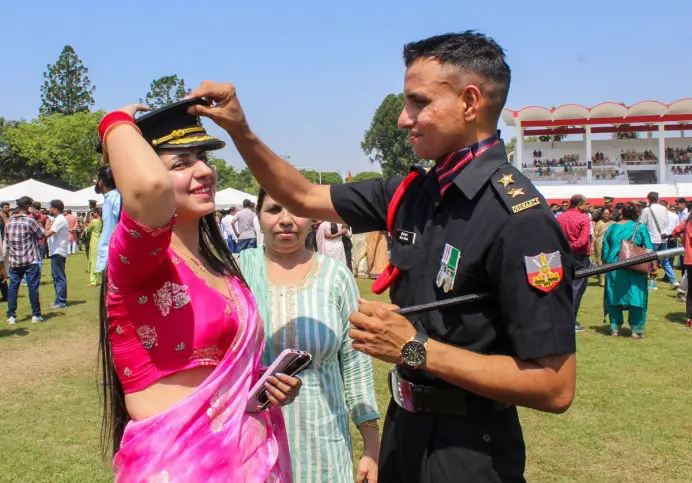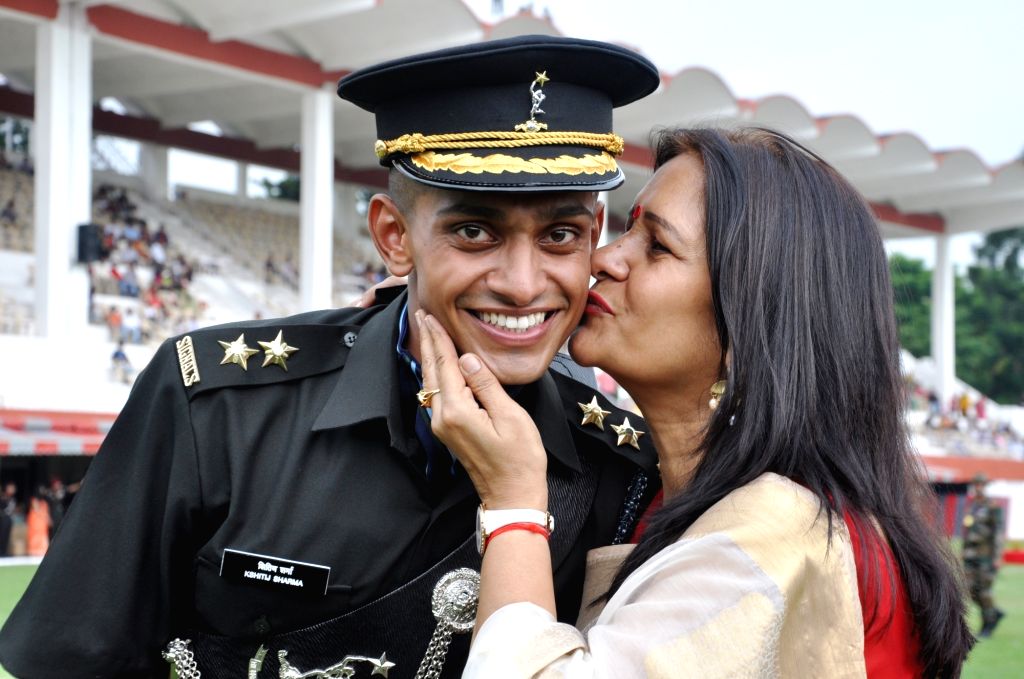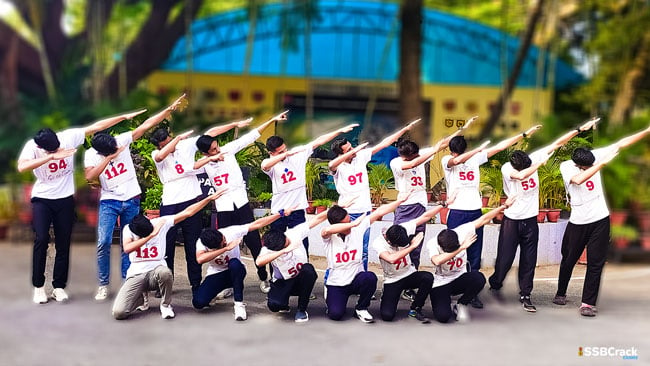Discipline and conditioned response are the bedrock of the Services and this is what separates us from the chattering class. There is nothing `human’ about the treatment received in the early stages, as the discipline must be taught first-the hard way. It is a fatal folly to substitute buddy-buddy human relations and other attractive `management’ techniques for rigorous, early discipline. Mellowness and directive control come only over the years and with much experience.
SSB Interview Preparation Material [ 100% Recommended]
- Let’s Crack SSB Interview [Book]
- SSB Psychological Tests – Deep Dive [Book]
Auto Code
- Car Entry: In cars, the senior sits on the left of the rear seat. He is the first to enter and the first to leave. If asked to join your senior who is already seated, enter through the right door and do not sail over his feet. When a couple enters a car, the right rear door must be held open for the lady to enter, so that she has a cue on what to do. She doesn’t get in from the left and then crab side-wards.
- Jeep/Gypsy: In light utility vehicles, ladies and children sit in the body of the vehicle, with the officer in the co-driver’s seat.
- Liaison Officer: the Liaison Officer, no matter how junior, has his rightful place in the car (when there is no one senior or a lady accompanying the VIP/dignitary) in rear and not in front. Your diffidence, humility or reverence have nothing to do with your opting to sit on the front seat, your ignorance, lack of confidence and absence of poise, do ! Although most senior officers/ladies themselves invite the LO to join him/her at the rear, don’t count on that invitation. Boldly and politely request if you could do that.
- Open Door Policy: In official work-situations, the car door for an arriving or departing dignitary/senior officer is never opened or shut by an officer. Have an NCO/OR ready for this.
- Headgear: taking off your headgear when being driven in service transport is a NO; take your cue from the driver.
- Departure: The scramble to rush into their cars after the senior is seated for departure is unseemly and avoidable. It is best for all concerned, except the host, to get into their own vehicles and join the cavalcade after the lead vehicle.
Personal Code
- Walking in Step: Officers when in uniform should always walk in step, the junior on the left. Adjust your stride to your senior’s and he will meet you half-way.
- Lead the Way: When conducting the visit of a senior, or a visitor, lead the way as the senior/ visitor would not know which way to go and what to see.
- Punctuality: Make it a rule to be always punctual in keeping an appointment, and, when it is convenient, be a little beforehand. Such a habit ensures that composure and ease which is the very essence of gentlemanly deportment; want of it keeps you always in a fever and bustle and no man who is hurried and feverish appears so well as he whose punctuality keeps him cool and composed.
- Nicknames: when referring to your subordinates or your seniors, call them by their ranks and last names. In the first case, your senior may not know who `good old Joe’ is; in the second, he may not relish the idea of you knowing a superior so intimately!
- JCO’s Prestige: Do not call a JCO only by his last name. If you are personally close enough to him, call him by his first name, otherwise use his rank and last name. `He is proud of the fact that he is a JCO’.
- Chewing: this should not even require a comment but unfortunately it does. Do not chew supari, gum, pan or tobacco while in office, in uniform, in public places or in a senior’s presence.
- Lounging in Uniform: Walk, stand, or sit. Don’t lounge around when in uniform. Also, wearing of the cap when outdoors is mandatory and not optional. Our reluctance to wear the cap is matched only by our inability to keep the left arm stiff by the side when saluting. Also, do try to avoid going to the market for shopping in uniform; it certainly does not enhance the aura of the uniform.
- Carriage: We are an elite force and should carry ourselves with pride. Leave the wearing of earrings and long hair to the riff-raff. Don’t go around making an idiot of yourself by wearing fancy add-ons to your address. You might imagine that you are being `hep’ or `with it’, actually you will look like a twit who has lost his way.
- Sunglasses: Sunglasses and uniforms do not go together. Wear them only while travelling; take them off when talking to a senior or a lady. Making eye contact while talking is essential, and wearing sunglasses prevents you from doing so. Dangling of your sunglasses from the shirt front or pocket of the uniform does not auger well. Avoid it.
- Pens/Pencils: These should not be exposed but kept clipped to an inside pocket.
- Wearing of Caps: Wear your cap/beret with pride and not like designer apparel.
- Loosened Neck Wear: Do not unbutton the collar or loosen your tie while on duty-no matter how strong the urge. When you do get `hot under the collar’, retire to the men’s room, to refresh.
- Cuffs: It is bad enough to roll up your sleeves; an open cuff is a solecism.
- Dress Code: it is tolerable to take off your jacket or tunic in the privacy of your own office. If your senior enters, or when you leave your office, you should dress and button up. In fact in very hot climate, even a vest and shorts are the norm for ‘working dress’, but these need to be specified in the orders of the day. Your personal urge does not dictate the need to wear them.
- Leaning on Desks: Do not lean on your senior’s desk. If your knees are all jelly, request permission to sit down. If already seated, lean back against the back-rest.
- Smoking: Do not enter any office (your senior’s in particular) either smoking, carrying in your fingers your pipe, cigar or cigarette. In his presence, it may be best to refrain from smoking. If you must, wait till you are seated and you have asked his permission. Blow the smoke side wards or below, but never in front.
- When Conducting Dignitaries: When leading your senior or a lady to a room/office, be the first to enter holding the door open, if the door opens inwards. If it opens outwards, hold it open and allow them to enter first. Be careful not to get caught pushing ‘pull’ doors and vice versa-it shows your unfamiliarity.
- When Conducting Ladies: Always avoid any rude or boisterous action, especially when in the presence of ladies. It is not necessary to be stiff; indolent, or sullenly silent, neither is perfect gravity always required, but if you jest, let it be with quiet, gentlemanly wit, never depending upon clownish gestures for the effect of a story. Nothing marks a gentleman so soon and so decidedly as quiet, refined ease of manners.

Being with Seniors
- Hands in Pocket: Please keep your hands out of your pockets, specially when talking to a senior or a lady. It is also preferable to keep your hands dry and clean, with clean/manicured nails before proffering them for a handshake.
- Differing with Seniors: This phrase was very carefully coined. The message is that it is as important to differ and disagree as it is to do so with elegance and courtesy. An aggressive broadside will no doubt win you instant hero-status with juniors and back-benchers, but that is all. The senior will not accept this kind of attitude. So you better decide and be prepared to take your chances before adopting this option.
- In a Senior’s Office: If someone else enters, no matter how senior or closely connected to you, don’t jump up unless the occupant of the office himself gets up. Just an acknowledging smile and respectful nod will do. You actually offend the person whose office you are visiting with your jack-in-the box act if the person entering is junior to him.
- Visit by your Boss: You should be appreciative, when your Boss takes time out to visit your office. Assume that he has come for a specific purpose and that his time is limited. Ask if you can help him. Do not immediately pour your problems to him. If his time permits, when he has finished with his business, he may ask if you have anything to bring up. Also, observe it while on the phone.
- Telephone Calls: Brevity is the secret of good communication. Observe it while on the phone. With a visitor in the office, do him the courtesy of giving him precedence over the telephone or even a file.
- Courtesy: There is no known substitute for consideration and courtesy. The biblical quotation which is as valid today as it was when first written :- `Do Unto Others As You Would Have Them Do Unto You’ Or as the famous essayist Francis Bacon said :- `Manners Maketh the Man’
- Behaviour with Seniors: It is a compliment to you that your senior can relax in your presence during off-duty hours. The extent of informality and relaxation should be governed by your senior and not you. Do not extend off-duty informality to the next official day, if you desire to continue enjoying an informal relationship when you are off duty.
- Meeting a Senior Officer: If you are headed towards a senior, who is in the middle of a crowd, to greet him, do not pause en-route to greet others whom you happen to know in the crowd. If you do, it makes that senior look like he is waiting at the end of a line-up or queue only to meet a junior. While that is not the best way to make and/or keep friends in high places, it is surely the best way to lose them.
- Escorting Ladies: At parties in the Mess and functions etc, the lady no matter how young, MUST be escorted when being taken somewhere. This is a SOP and we all know that it has to be followed.
- Handing out Plates/Serving Drinks: Your desire to be a good, polite, sweet, kind, courteous (etc etc etc) host is beyond comment. But, at an official lunch/dinner in the Mess, please do not upstage a butler in the process of fawning over the guests (be it your boss, the GOC or even the Chief) by beginning to hand-out the plates when the meal is announced. The charter of duties of the Mess Secretary, PMC, OIC party does not list this function, even in passing. Like in the case of the car door, get a waiter to do the honours here. Similarly, the serving and pouring of drinks is best left to the waiter, if necessary, supervised by the mess NCO. Officers only need to keep a discreet eye.
Managing Finances
- Plan and spend your cash with forethought. Remember, the CDA (O) is paying you regardless of whether you work or not! Just because, the cash is easily earned does not mean you blow it up. Pay all dues on time, including the mess bill, even if the food is awful. Plan now for your future in terms of personal savings. If you try to equate your expenses with some one who has a private income to supplement his salary, you will always end up in tears. Your coat is always required to be cut according to the cloth.
Conduct with Civilians
- How to Address Civilians: Addressing most politicians and all Civil Servants, no matter what the latter’s seniority and position, has one thing in common: we do not ‘Sir’ them. There are many reasons for this sound practice and excellent tradition. Generally speaking, the correct form of address is `Mantri Mahodaya/Mantriji/Minister’ or Mr Bedi/Mr Secretary’ or Mr Rao/Mr Commissioner’. This would safely see you through in a majority of interactions, no matter what your seniority as a commissioned officer and no matter with the gentleman’s equation with your service bosses. Police officials are to be similarly addressed as ‘Mr Bose/Superintendent/Inspector General’.
- This golden rule must always be kept in mind regardless of what you personally stand to gain by ‘Sir’ ing a civilian. If it is not, you may unwittingly do a lot of damage to the standing of the Officer Corps.
Also Read

